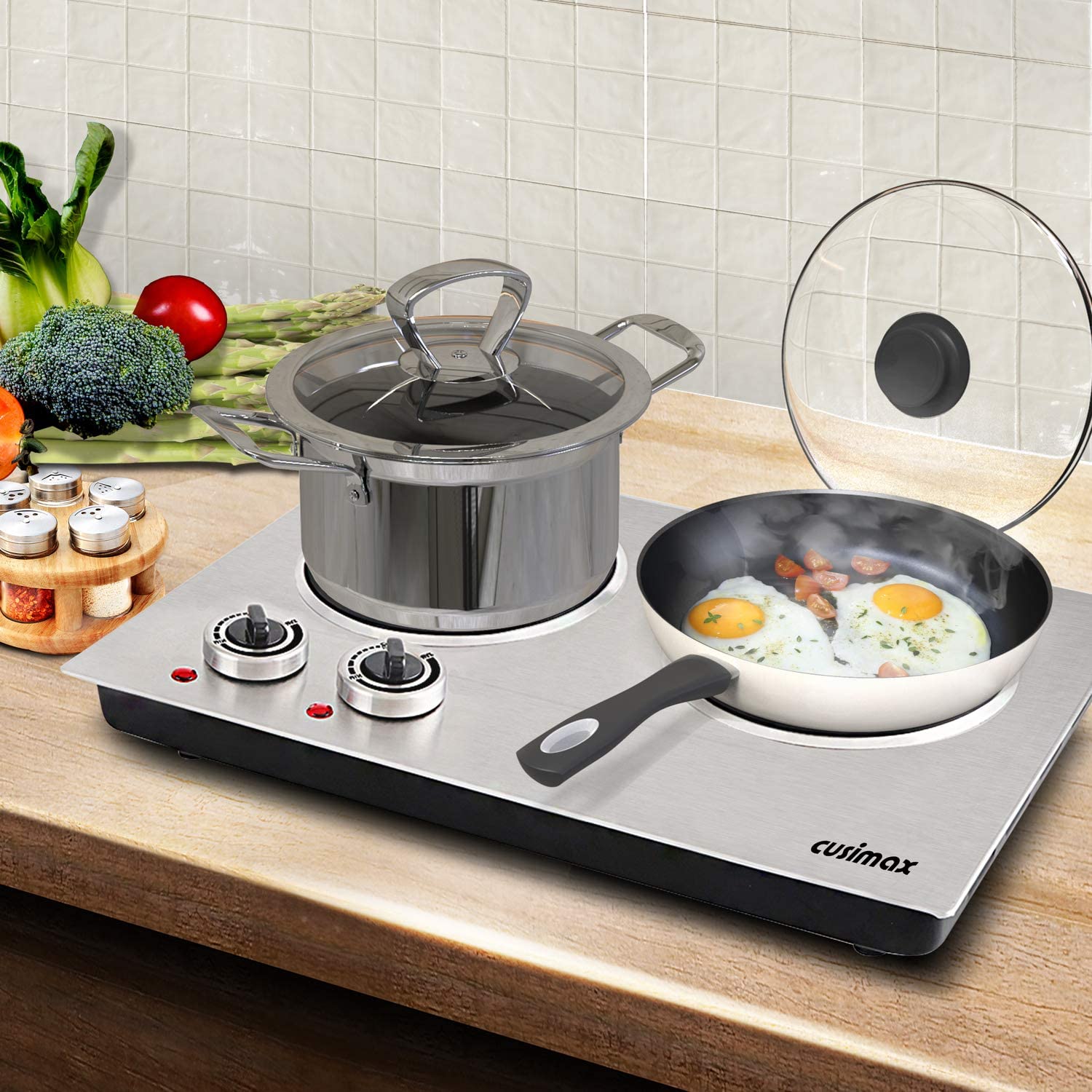Think about your lifestyle. How often do you cook? How many people do you cook for? Do you entertain often? These factors will help you determine the size and layout of your kitchen.
Remember, setting up a kitchen is a gradual process, and it’s okay to start with the essentials and gradually expand your collection based on your needs and budget. Enjoy the process and make your new kitchen a space that inspires creativity and delicious meals.
What you need to know about setting up a new kitchen
1. Set a budget. This will help you narrow down your options and make sure you don’t overspend.
2. Measure your space. This will help you determine the size of appliances and cabinets you need.
3. Plan your layout. Consider how you use your kitchen and how you want to flow through it.
4. Choose your appliances. Consider your needs and budget when choosing appliances.
5. Select your cabinets. Cabinets come in a variety of styles, materials, and finishes.
6. Choose countertops. Countertops are a major investment, so choose wisely.
7. Select flooring. Flooring should be durable and easy to clean.
8. Add lighting. Good lighting is essential for a functional kitchen.
9. Accessorize. Add finishing touches like rugs, appliances, and hardware to personalize your kitchen.
10. Hire a professional. If you’re not comfortable DIYing, hire a professional to help you with your kitchen remodel.
Tips for setting up a new kitchen
Choose functional appliances. Consider features like built-in ovens, microwaves, and dishwashers. These can save you time and space.
Invest in quality cabinets. Cabinets are one of the most expensive parts of a kitchen remodel, but they’re worth it. Choose cabinets that are made from durable materials and that have a timeless style.
Don’t forget the details
The little things can make a big difference in the overall look and feel of your kitchen. Choose hardware that matches your style, add accent pieces like rugs and artwork, and don’t forget to install good lighting.
Setting up a new kitchen can be a daunting task, but it’s also an exciting one. By following these tips, you can create a kitchen that you’ll love for years to come.
Setting up a new kitchen can be an exciting but daunting task
To help you navigate this process smoothly, here are 10 essential things to know:
Plan your layout
Before diving into purchasing kitchen equipment and utensils, consider the layout of your kitchen space. Optimize functionality by placing frequently used items within easy reach and ensuring efficient workflow between the different kitchen zones.
Stock essential cookware
Invest in quality cookware essentials such as pots, pans, baking sheets, and mixing bowls. Opt for durable materials like stainless steel or cast iron that can withstand high heat and provide even cooking.
Essential utensils
Make sure to have a set of basic utensils, including knives, spatulas, spoons, tongs, and measuring cups and spoons. These tools will be indispensable for various cooking tasks.
Food storage containers
Purchase a variety of food storage containers in different sizes to keep your ingredients fresh and organized. Look for containers that are stackable and have tight-fitting lids to maximize space and prevent food spoilage.
Prep tools
Equip your kitchen with essential prep tools like cutting boards, a vegetable peeler, a grater, and a colander. These tools will streamline your meal preparation process and make cooking more efficient.
Essential appliances
Consider the appliances you’ll need for your cooking style. Some common kitchen appliances include a refrigerator, oven or range, microwave, blender, toaster or toaster oven, and a coffee maker. Prioritize based on your preferences and cooking habits.
Kitchen gadgets
While not essential, certain kitchen gadgets can make cooking tasks easier and more enjoyable. Examples include a food processor, immersion blender, stand mixer, and a slow cooker. Assess your needs and prioritize gadgets accordingly.
Basic pantry staples
Stock your pantry with basic ingredients like spices, herbs, cooking oils, flour, sugar, rice, pasta, canned goods, and condiments. These staples will form the foundation for a variety of recipes and meals.
Safety essentials
Don’t forget about safety in the kitchen. Invest in fire extinguishers, smoke detectors, and oven mitts to protect yourself and your kitchen from potential hazards. Familiarize yourself with fire safety protocols and proper handling of kitchen appliances.
Cleaning supplies
Keep your kitchen clean and hygienic with the right cleaning supplies. Have dish soap, sponges, kitchen towels, surface cleaners, and garbage bags readily available. Regular cleaning will ensure a pleasant cooking environment and prevent the buildup of dirt and grime.
